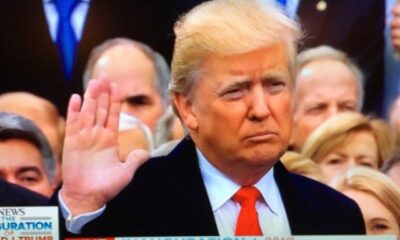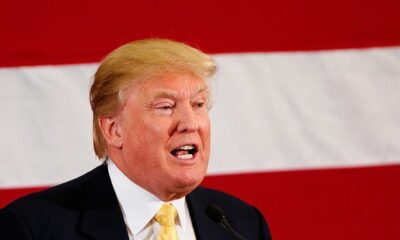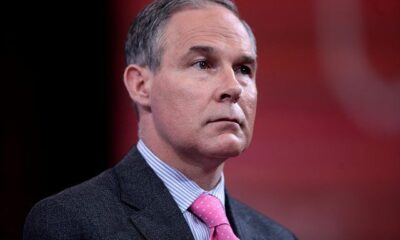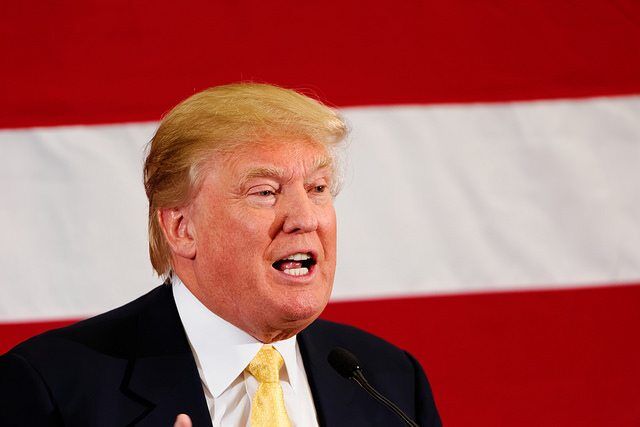
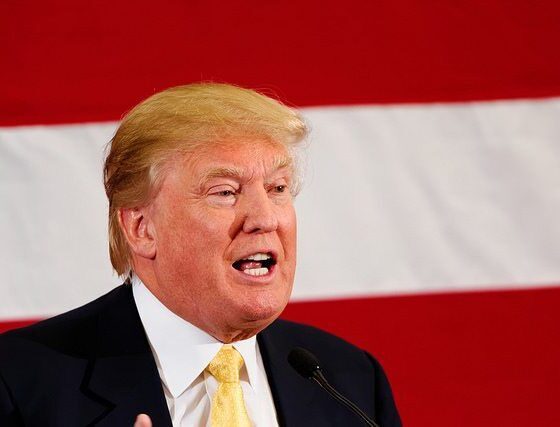
Economy
Global Survey Uncovers Why Elites Are Failing
A cross-Atlantic Glocalities survey of Research Agency Motivaction International into values of 56,000 people in 24 countries has revealed why Western elites are currently failing in confrontation with anti-establishment revolts.
Research Director Martijn Lampert: “With the world’s elite gathered in Davos, Trump’s transformational leadership in the US and critical elections in Europe ahead in 2017 we decided to launch an in-depth study into the trends that drive anti-establishment revolts in the West. Our results reveal that it is crucial for Western leaders to develop new storylines and radical policy offerings in order to reconnect with the values and needs of alienated segments of society.”
Herman Van Rupmuy, President Emeritus European Council, reacted to the results stating:
“It is not enough to reject populism. We must first understand what drives people into the arms of populists. This study offers a very valuable contribution. We must refute irrationality with reason.’’
We must understand what drives people into the arms of populists
The five reasons why Western elites are currently failing:
1. Political establishments are paralysed by a new political divide that is playing out in Western society as a consequence of globalisation.
On the one hand the divide is fuelled by patriotic movements in defence of national culture and against immigration (such as Trump, UKIP and Front National). On the other hand radical egalitarian movements are surging on a platform of egalitarian values (equality of people, cultures and religions) and income redistribution (such as Sanders and Podemos). In this new political dynamics establishment political parties and candidates have insufficient appeal to voters.
2. The social contract between people and Western elites has been broken.
The mindset of Western intelligentsia is based on universalist, cosmopolitan and liberal values. The patriotic revolt against these ‘elite values’ is an expression of a breakdown of trust between people and the establishment. In reaction to the revolt Western political establishments are stuck in their bubble of like-mindedness. They are unable or unwilling to bridge the divide in order to renew the social contract and often fuel the revolt by appearing insensitive to change. The bubble thinking of Western intelligentsia is dominant among university educated and those working in the sectors: art (think of Hollywood support for Clinton), non-profits, media (think of Trump’s attacks on journalists), education (think of Campus support for Democrats) and R&D (think of Silicon Valley leaders speaking out for Democrats).
3. A worldwide backlash is ongoing against globalisation and Western elite values
Trump and Brexit are part of a worldwide trend of patriotism, as is clear in the survey data from Russia, Turkey and India. Political leaders mobilise support among citizens in their own countries by showing their patriotic side. They position themselves in opposition to the universalists values promoted by a dominant West. For many people in upcoming economies this is a patriotic awakening. In the West patriotism is fueled by the opposite: a pessimistic feeling that the best days of the West are over and the wish to return to the good old days of prosperity, pride and power.
4. The political establishment was caught off-guard by digital disruption, similar to disruptions of the hotel, media and taxi branch.
Also in the political realm the web revolution has lead to a surge of bottom up participation of citizens (through social media). Two key figures fuelling the political disruption trend are Edward Snowden and Jullian Assange who disclosed confidential and sensitive government information. They represent a radical government transparency trend that is also visible in the survey data among supporters of Trump, Sanders in the US and Podemos in Europe. The radical government transparency trend often goes together with a call for change and worries about the current state of government/politics.
5. Established parties/politicians are unable to resonate with people based on archetypical storylines
Especially in time of disruption people need politicians who are able to offer recognizable storylines of what is happening and where we are going. These storylines can be found in the realm of archetypes. Archetypes literally are original (arche) patterns (types) which originate from ancient mythological storylines and symbolise basic human motivations. Based on his celebrity status and business success Trump was able to build a very powerful storyline around the RULER archetype (seizing control and exercising power to ensure order and progress as amplified by the slogan “Make America Great Again”). While supporters of Trump are typically attracted to the ruler archetype they score typically low on the archetype of the open-minded CREATOR (realising a vision and creating things of enduring value). The CREATOR is an archetype that strongly resonates with supporters of Obama. The switch from Obama to Trump as the US president implies a radically new political paradigm and playing field.


 Environment12 months ago
Environment12 months agoAre Polymer Banknotes: an Eco-Friendly Trend or a Groundswell?

 Features11 months ago
Features11 months agoEco-Friendly Cryptocurrencies: Sustainable Investment Choices

 Features12 months ago
Features12 months agoEco-Friendly Crypto Traders Must Find the Right Exchange

 Energy11 months ago
Energy11 months agoThe Growing Role of Solar Panels in Ireland’s Energy Future


